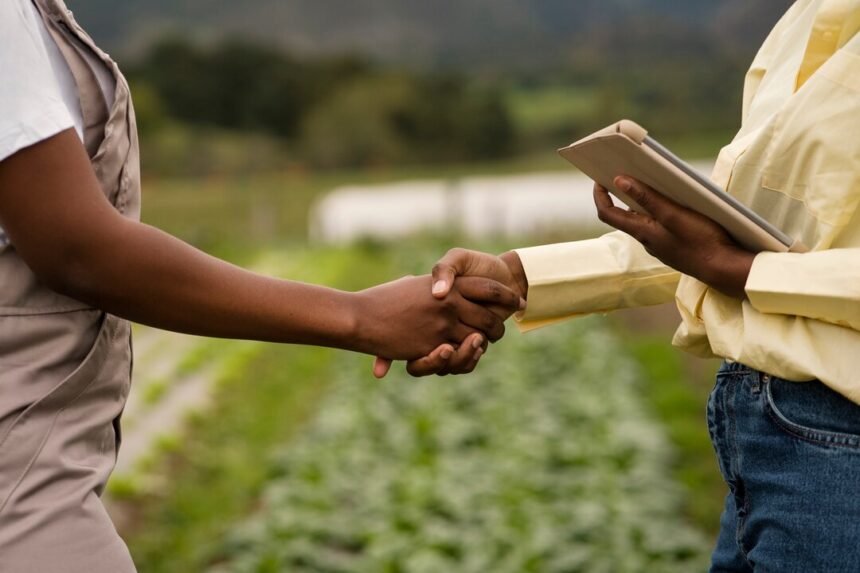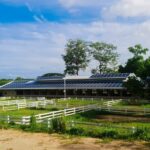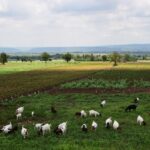Accessing adequate funding is crucial for the success and growth of agricultural ventures in South Africa. Whether you’re a small-scale farmer looking to expand your operation or an agribusiness entrepreneur with ambitious plans, understanding the various funding options available is essential. In this guide, we’ll explore the avenues through which farmers and agripreneurs can access agricultural funding in South Africa.
1. Government Grants and Subsidies:
The South African government offers various grants and subsidies to support agricultural development and transformation. These include:
- The Land Bank: The Land Bank of South Africa provides financing and advisory services to support agricultural development, including loans for land acquisition, production inputs, and infrastructure development.
- The Department of Agriculture, Land Reform, and Rural Development (DALRRD): DALRRD offers grants and subsidies for small-scale farmers, emerging farmers, and agricultural enterprises involved in projects such as land acquisition, infrastructure development, and market access.
- Provincial Agricultural Departments: Many provincial governments offer funding programs to support agricultural initiatives within their respective regions. These programs may include grants, subsidies, or loans for specific projects or sectors, such as livestock farming, horticulture, or agro-processing.
2. Agricultural Development Finance Institutions:
Several specialized financial institutions in South Africa focus specifically on providing funding and support to the agricultural sector. These include:
- The Land Bank: In addition to providing grants and subsidies, the Land Bank offers various financing options tailored to the needs of farmers and agribusinesses, including production loans, equipment finance, and working capital facilities.
- The Agricultural Development Corporation (ADC): The ADC provides financing and advisory services to support agricultural development projects, with a particular focus on agro-processing, value chain development, and market access.
3. Commercial Banks and Financial Institutions:
Many commercial banks and financial institutions in South Africa offer specialized agricultural financing products to farmers and agribusinesses. These may include:
- Agricultural Loans: Banks offer loans specifically designed to meet the needs of farmers and agribusinesses, including production loans, equipment finance, and long-term investment loans for infrastructure development.
- Agribusiness Advisory Services: Some banks provide advisory services to help farmers and agribusinesses develop business plans, access financing, and navigate regulatory requirements.
4. Agri-Investment Platforms and Venture Capital:
In recent years, there has been a growing interest in agri-investment platforms and venture capital funding for agricultural projects in South Africa. These platforms connect investors with agricultural enterprises seeking funding and may offer equity financing, crowdfunding, or other innovative financing models.
5. International Donor Agencies and Development Partners:
International donor agencies and development partners also play a significant role in funding agricultural projects in South Africa. These organizations provide grants, technical assistance, and capacity-building support to promote sustainable agricultural development, improve food security, and alleviate poverty in rural areas.
Accessing agricultural funding in South Africa requires careful planning, research, and a clear understanding of the available options. Whether through government grants and subsidies, agricultural development finance institutions, commercial banks, agri-investment platforms, or international donor agencies, farmers and agribusinesses have a range of funding avenues to explore. By leveraging these resources effectively, agricultural stakeholders can access the capital they need to innovate, grow their businesses, and contribute to the sustainable development of South Africa’s agricultural sector.
Join 'Farmers Mag' WhatsApp Channel
Get the latest Farming news and tips delivered straight to your WhatsApp
CLICK HERE TO JOIN






